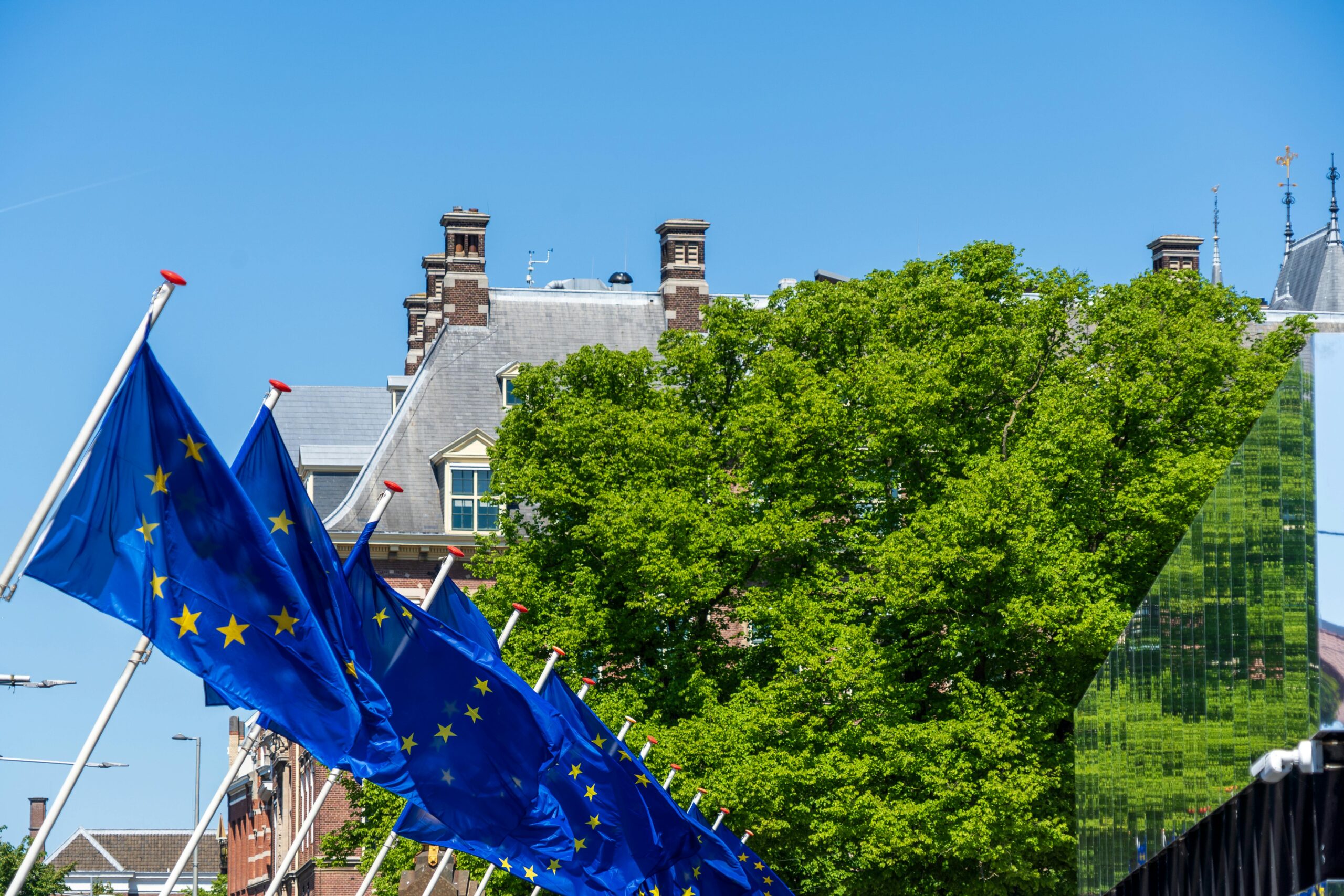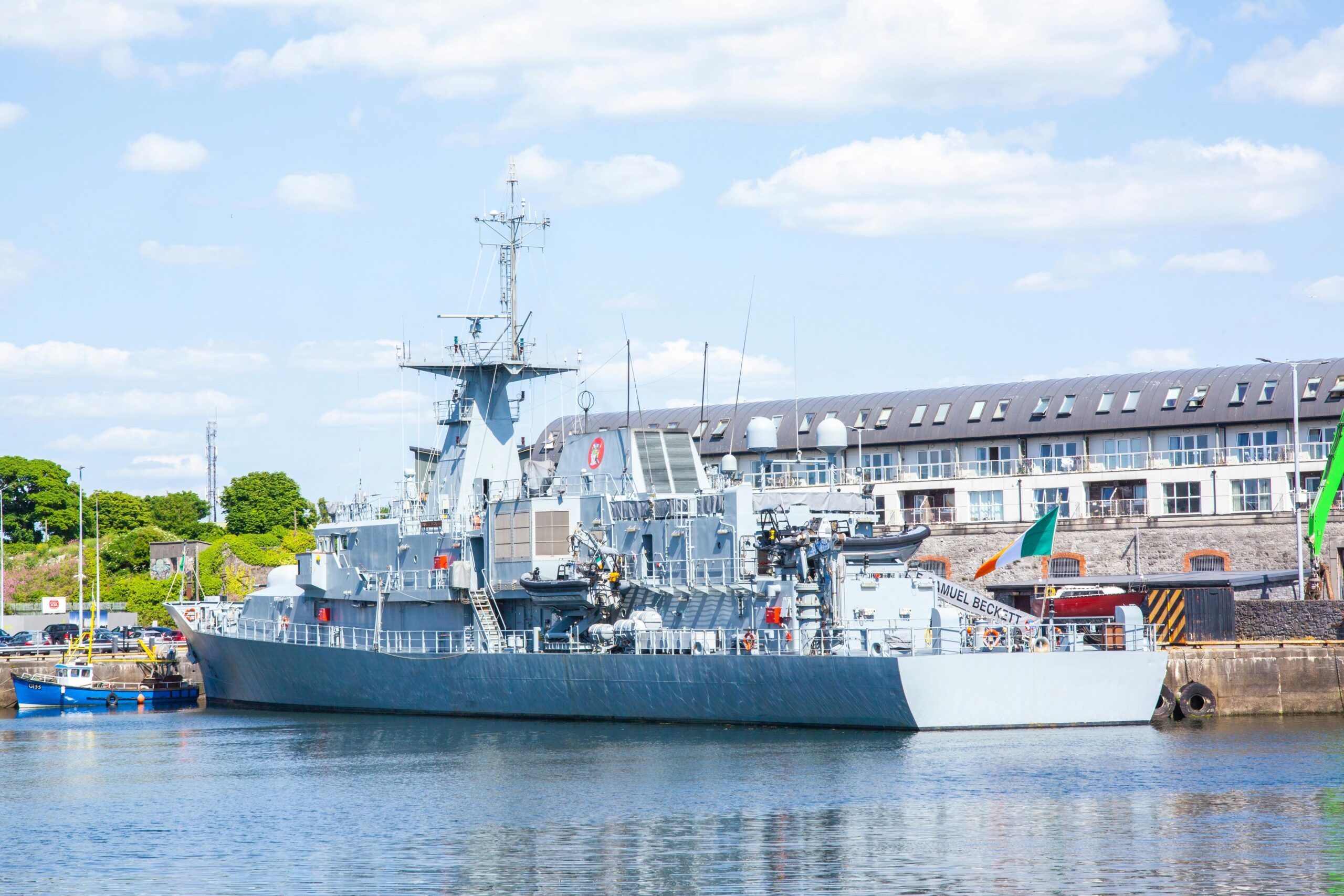On Tuesday, 10 June, European Commission President Ursula von der Leyen and High Representative Kaja Kallas unveiled a proposal for an 18th package of sanctions against Russia. They announced significant new measures to choke off Moscow’s financial and military capabilities. The proposals target Russia’s lucrative energy revenues, its banking sector, and the international network supporting its war effort in Ukraine. The move, coordinated with international partners, signals a renewed determination to increase economic pressure on the Kremlin, with the Commission President stating that “strength is the only language that Russia will understand” as it continues its full-scale invasion.
Sanctioning Russia’s energy sector
A central pillar of the new sanctions package is a concerted effort to slash the income Russia earns from its vast energy resources. The EU is taking aim at the so-called ‘shadow fleet’ of tankers that Moscow uses to circumvent existing restrictions and transport its oil across the globe. The proposal aims to add 77 more vessels to the sanctions list, increasing the total number of targeted ships to over 400. “When sanctioned, Russia’s shadow fleet tankers cannot dock in ports and Russia has to find new vessels,” explained High Representative Kallas: “This costs them more and runs down their profits.”
Moreover, in a direct move to cut deeper into oil revenues, the Commission has proposed lowering the price cap on Russian crude oil, a measure enforced by the Group of Seven (G7) nations. The plan is to reduce the cap from $60 to $45 a barrel, pushing it significantly below the current market price. Furthermore, the proposals aim to close a critical loophole by banning the import of refined petroleum products that are produced in other countries using Russian crude oil. In a move signalling a permanent shift away from Russian energy dependence, the EU also intends to sanction the Nord Stream gas pipelines to “prevent Russia from generating any revenue in the future in this way.”
Targeting Russian banks and military suppliers
The EU plans to escalate its financial restrictions far beyond simply removing banks from SWIFT, the global financial messaging network. The proposal calls for a full transaction ban on 22 additional Russian banks, effectively freezing them out of the international financial system. Crucially, these measures would also apply to banks in third countries that are found to be helping Russia evade sanctions.
The package also targets the international supply chain that feeds Russia’s war machine. The EU is looking to blacklist 22 more companies, including some based in China and Belarus, for their role in producing weapons or supplying dual-use goods—items with both civilian and military applications. This would bring the total number of entities facing such stringent export restrictions to over 800. The message is clear: any company, regardless of its location, that aids Russia’s military efforts will face consequences. As the High Representative underscored: “Putin’s ability to sustain the war very much depends on the support he receives from third countries.”
Conclusions
This 18th sanctions package represents a significant escalation in the economic pressure campaign against Russia. The EU maintains that previous sanctions have already had a substantial impact, pointing to Russia’s shrinking economy and dwindling sovereign wealth fund. The proposals will now be debated by the 27 EU member states, who must unanimously agree for them to be adopted, although Slovakia and Hungary could hamper its adoption.

